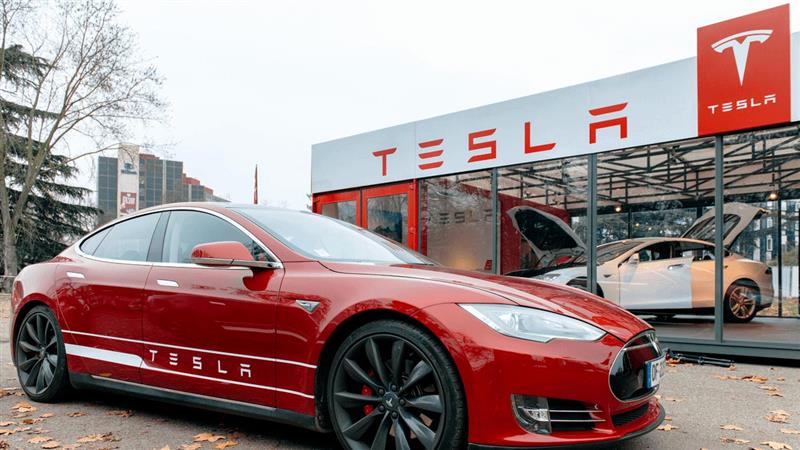JPMorgan says Tesla Owes it $162 Million, after Musk sells shares

Weeks after Tesla CEO Elon Musk sold 900,000 shares of stock, earning over $1.1 billion, JPMorgan has sued the electric automaker, alleging that it owes the bank $162 million in connection with a 2014 stock custody agreement.
The dispute focuses on adjustments the companies made to the agreement in response to Musk’s 2018 “[f]und secured” tweet and the resulting fallout.
As such, the lawsuit was filed late Monday in the Southern District of New York, while noting that JPMorgan purchased several warrants from the electric car company in 2014 — back when the company was still trying to fund the construction of the original Gigafactory.
Tesla can sell shares at a set price, within a specific time, to any third party who meets the conditions of the warrant, which JPMorgan acquired from Tesla in 2014 that were due to expire in June and July 2021.
In addition, the court documents report that “The initial settlement was for a ‘strike price’ of $560.6388.” For the perfect scenario to happen, when the warrants expire and Tesla’s stock price was less than that strike price, neither firm would owe anything to the other.
Rather, if Tesla’s stock price was higher at expiration, the bank claims Musk’s company was required to deliver shares equal to the difference in those prices. However, if Tesla announced a merger or acquisition, JPMorgan could raise or lower the warrant prices.
The bank had to make sure there were all sorts of legal protections in place, given that it is a massive, complicated financial transaction. One of the legal protections in place was a hedge against any big announcements related to mergers or buyouts that could affect Tesla’s stock price.
JPMorgan saw the resulting volatility in Tesla’s stock price and decided to adjust the strike price of its warrants, by lowering the price to $424.66 and notified Tesla. Tesla agreed to a conference call scheduled for August 24th, but backed out at the last minute, according to the lawsuit.
Tesla announced that they were canceling the attempt to take Tesla private, whilst JPMorgan decided to adjust the strike price of the warrants settling on a strike price of $484.35.
However, the electric car company “protested that no adjustment should be necessary because it had abandoned its going-private plans,” JPMorgan writes in its lawsuit. It also explained to Tesla what’s needed while the latter “did not provide any specific objection” to those explanations, being that it stopped talking to the bank for six months, according to the suit.
That situation got even worse with Tesla’s lawyers sending a letter to JPMorgan in February 2019 claiming that the bank’s adjustments were “unreasonably swift and represented an opportunistic attempt to take advantage of changes in volatility in Tesla’s stock.” JPMorgan wrote back, “rejecting all of [Tesla’s] allegations,” but then the two sides didn’t talk for two years.
JPMorgan made another adjustment down to $96.87 in August 2020 to account for Tesla’s stock split, and says Tesla never responded to that either.
According to the suit, when the bank contacted Tesla to cash out, it “renewed its objections to the Adjustments.” Tesla did settle some shares with JPMorgan, the bank claims, so it triggered an “early termination” clause.
Last but not least, the bank says Tesla still owed 228,775 shares when it terminated the deal, and that those shares are worth $162,216,628.81 based on Tesla’s stock price at the time.
